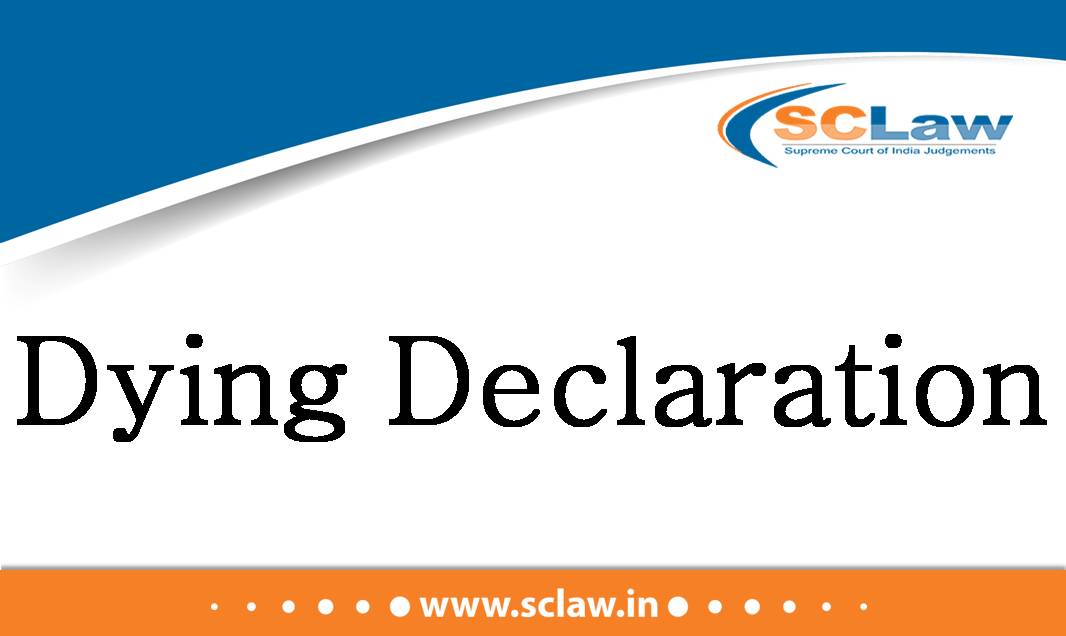Insolvency and Bankruptcy Code 2016 – Sections 5(20), 5(21) and 9 – Operational creditor – A debt which arises out of advance payment made to a corporate debtor for supply of goods or services would be considered as an operational debt
SUPREME COURT OF INDIA FULL BENCH M/S CONSOLIDATED CONSTRUCTION CONSORTIUM LIMITED — Appellant Vs. M/S HITRO ENERGY SOLUTIONS PRIVATE LIMITED — Respondent ( Before : Dr. Dhananjaya Y. Chandrachud, Surya…









